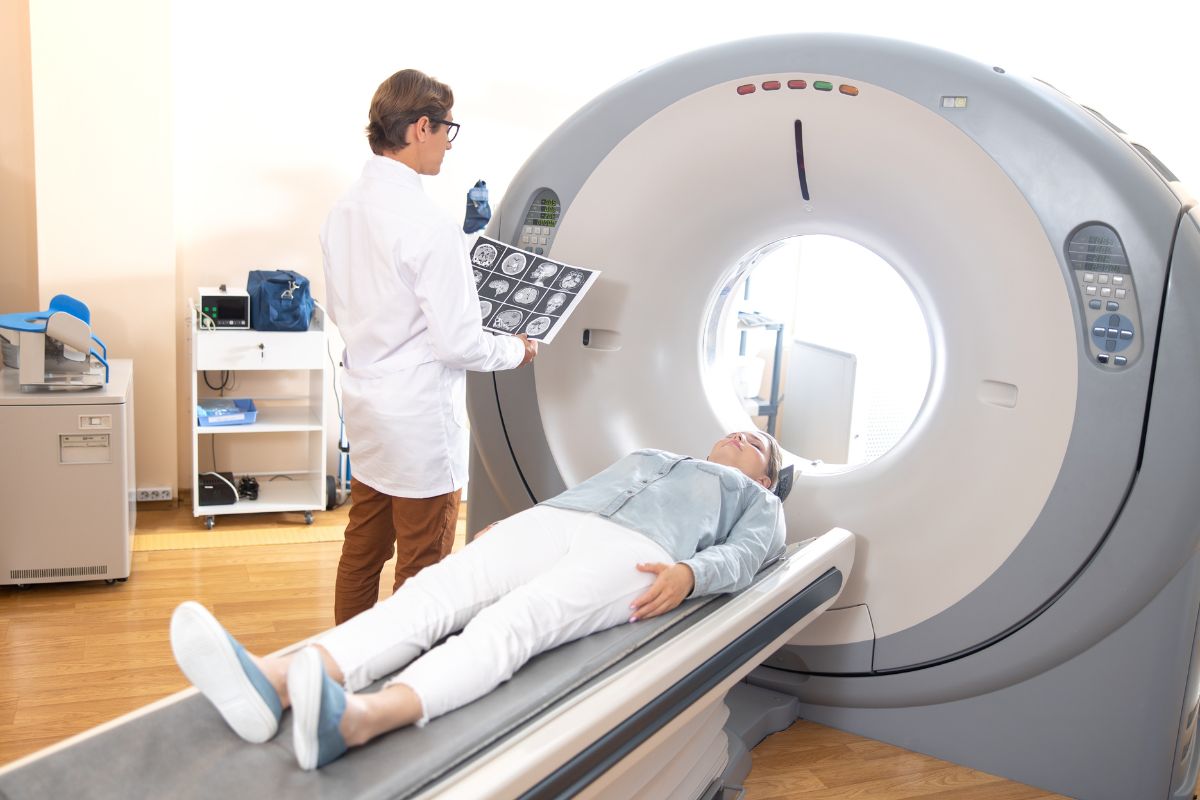

A CT scan with contrast is a common diagnostic procedure used to provide detailed images of the internal structures of the body. Even though this procedure is generally safe and effective, some patients report feeling tired after the scan. The article discusses the possible causes of fatigue following a CT scan with contrast and offers guidance in case you experience this symptom.
Some patients feel fatigue following a contrast CT scan due to the treatment. A contrast CT scan is required to create detailed images of the human body’s internal structures; however, the process sometimes causes tiredness or even weakness in the body. Several factors trigger this type of fatigue and include the nature of contrast agents, the stress generated by the treatment, or dehydration. In most cases, the fatigue is temporary and resolves within a few hours, but it’s important to understand its causes and how to manage it effectively.
Table of Contents
A CT scan with contrast is a radiologic test that utilizes the combination of X-rays with a special dye called contrast agent to create images of the internal organs and tissues. This contrast agent allows blood vessels, organs, and tissues to be well-highlighted so that doctors may diagnose abnormalities like tumors, infections, or injuries.
The injectable contrast dye can be given through the vein, by mouth, or into the body cavity, depending upon the region to be scanned.
Fatigue after CT scan with contrast is not rare, and several factors may contribute to this feeling of tiredness:
For most people, fatigue following a CT scan with contrast should be temporary and will fade over the course of several hours or within a day. If these symptoms persist or are joined by other symptoms such as dyspnea, dizziness, or swelling, contact the physician immediately since these may herald some reaction and complications that require attention.
So in case you find yourself really tired after doing a contrast-CT scan, there is something you could do.
Of all those side effects of a contrast-based CT scan, fatigue is certainly quite universal and harmless. However, there would sometimes be issues that you would need to discuss with your doctor or an emergency room.
Fatigue following a CT scan with contrast is usually mild and transient. It may be induced by the contrast dye, the stress of the procedure, or dehydration. Most patients can recover fast if they remain hydrated, rest, and observe their other symptoms. If fatigue persists or if you experience more severe symptoms, don’t hesitate to reach out to your healthcare provider for further evaluation. Always follow the guidance of your medical team to ensure your safety and well-being after the procedure.
Sign up to receive our email, delivering the latest stories straight to your inbox.
